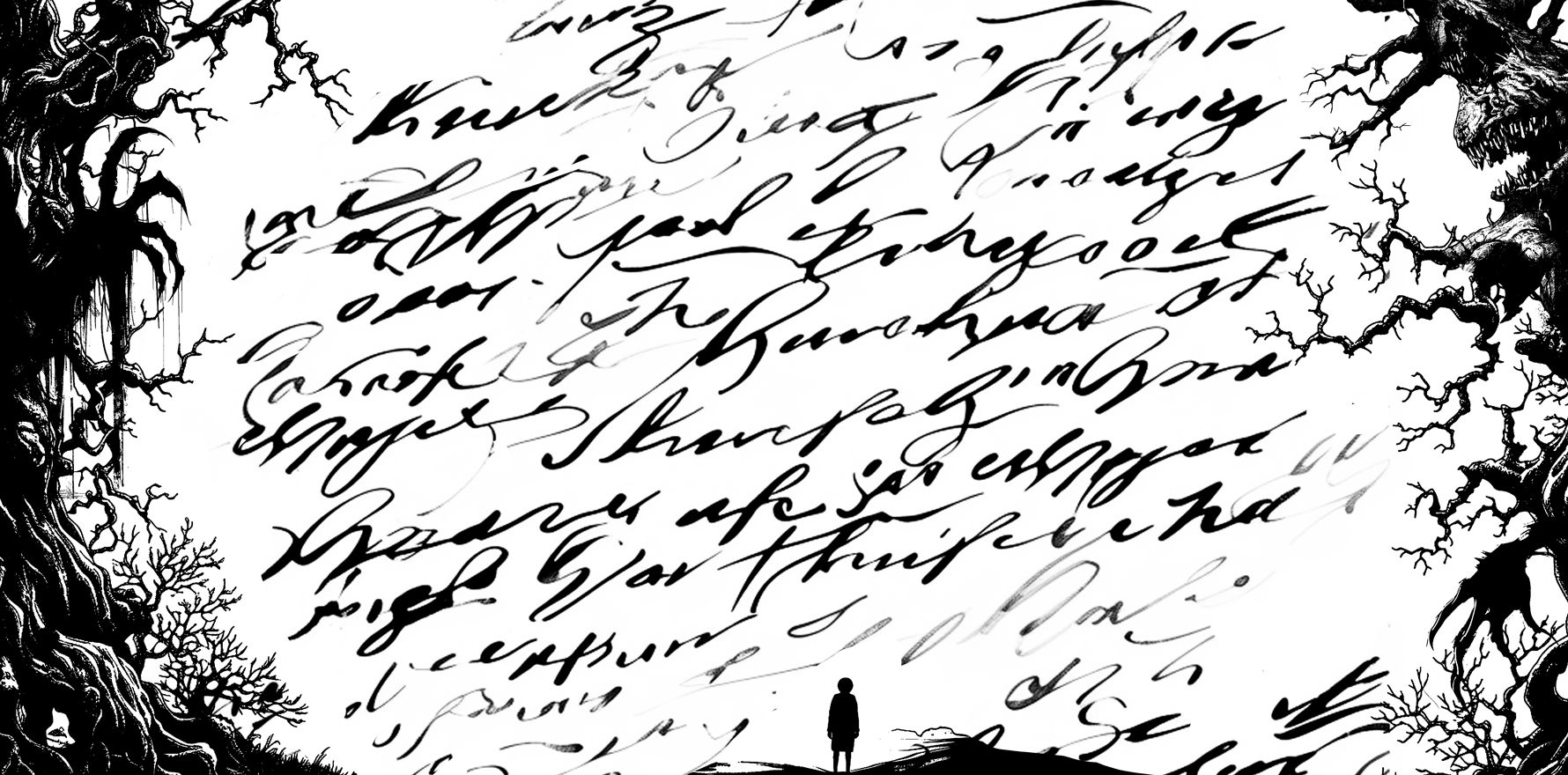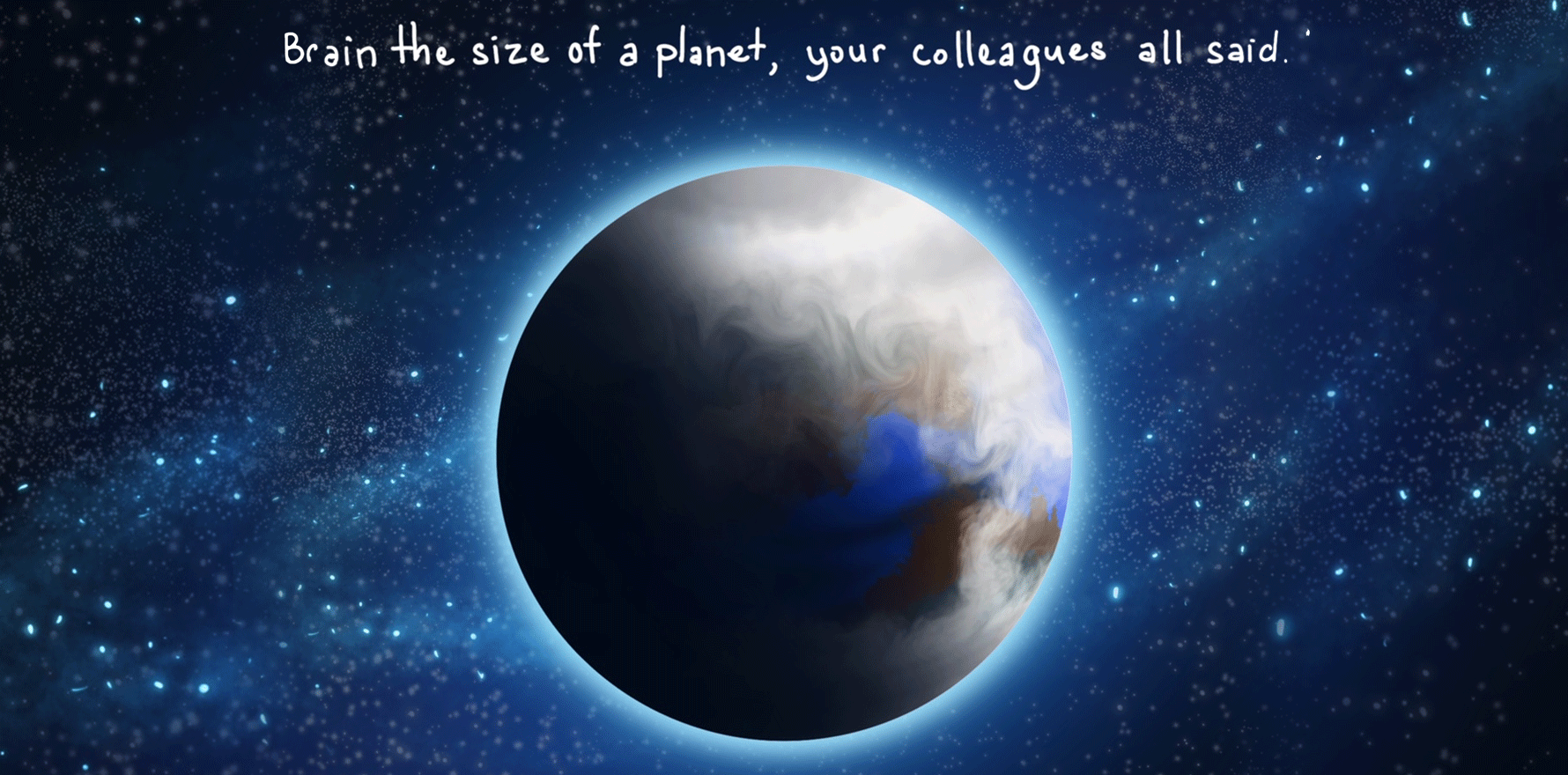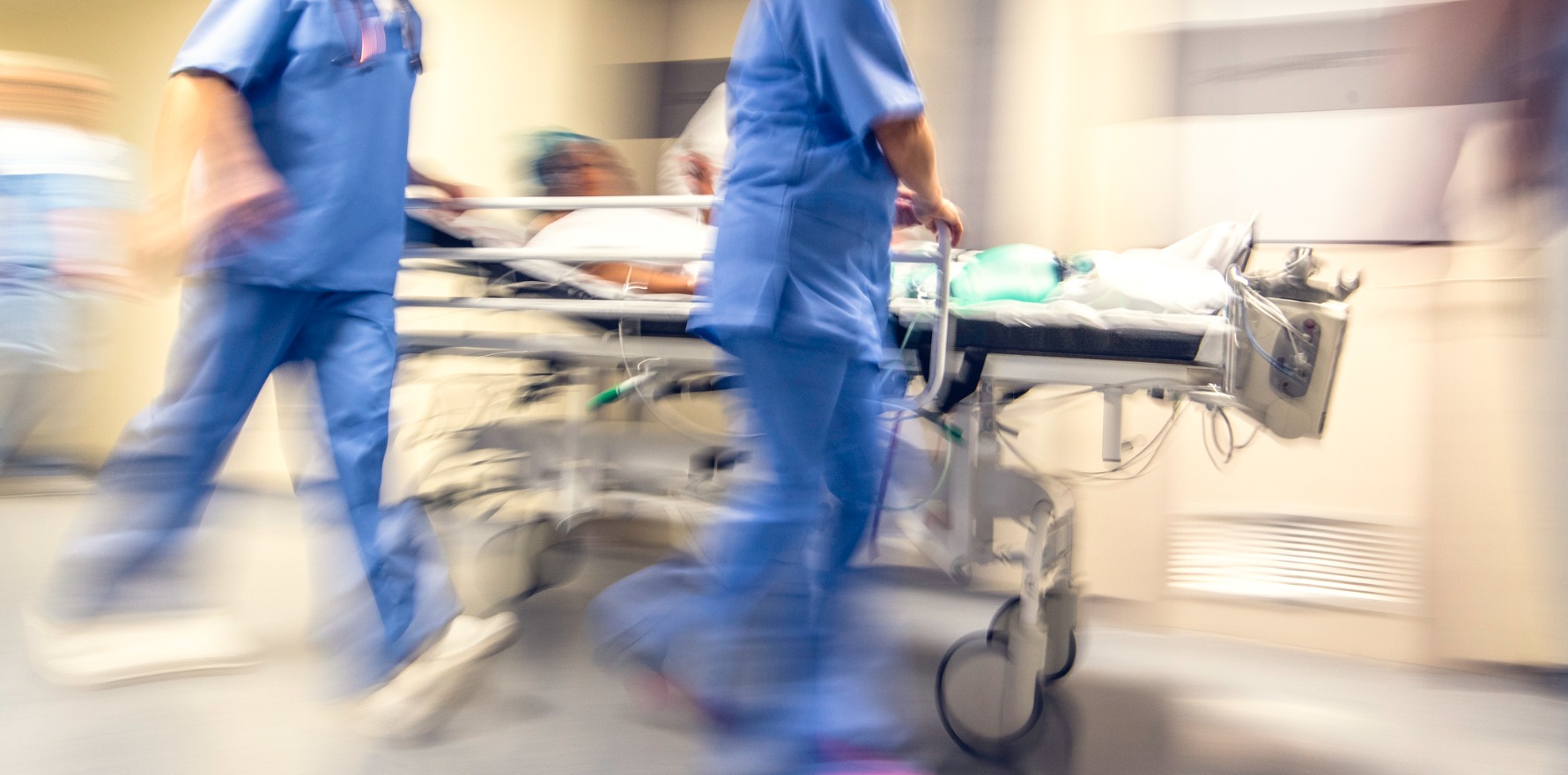A creative pursuit may be your best way to manage the moments and memories that haunt you.
Almost 20 years ago, a few years after I qualified as a specialist anaesthetist, a patient in my care was paralysed after major surgery.
Although the exact cause of their deterioration was never clear, and despite maintaining a high standard of care throughout the case, my choice of anaesthetic technique may have played a role. I was devastated for my patient and immediately began to ruminate over what may have gone wrong.
Afterwards, I questioned my right to work as an anaesthetist. I’ve battled imposter syndrome my whole life, but this was next level. I wasn’t just an imposter; I might have inadvertently caused material harm to another person, and that knowledge almost destroyed me.
It took me years to recognise that I too was a victim of this medical error, and that I wasn’t alone.
My initial response to my patient’s disastrous complication was by the book: I apologised and engaged in open disclosure, participated in family meetings, presented the case to my colleagues, reported the incident to my medical defence organisation and spoke with hospital administrators.
Although necessary and appropriate, these activities were gruelling and humiliating, only amplifying my self-doubt. Rather than addressing my emotional response at the time, I buried it and carried on.
My husband was working long hours, I had a five-year-old and a two-year-old, we’d recently moved back into our home after renovations, and we had no nearby family to help. I barely had time to scratch myself, let alone recognise that I might have been suffering from what researchers have coined “second-victim syndrome” – a term used to describe healthcare workers who are themselves traumatised when a patient is harmed due to physician error.
There’s a not unreasonable expectation in the community that medical mistakes should be preventable. Doctors are held to a high standard, and we, in turn, expect perfection from ourselves. Many of my colleagues see complications as personal failings, even though an adverse outcome is rarely the result of a single mistake. Sometimes no one is at fault.
After the incident, I doubted my skills, my clinical judgement and my ability to do my job, but because of financial and career pressures, I couldn’t afford to take time off.
Guilt was a constant companion. My sleep suffered. I replayed my actions and their outcome in my head, again and again. When furniture arrived to fill our newly renovated home, I was reminded of the ramp that had to be fitted to my patient’s house to accommodate their new wheelchair. I changed my practice, gave away challenging lists and toyed with the idea of leaving medicine altogether.
As years passed, my grief was eclipsed by a fear of going to court. I’d previously followed medical negligence cases in the media with macabre fascination, wondering how the system could protect shoddy practitioners. But imagine how it would feel to be held to public scrutiny like that as a conscientious new specialist.
Ultimately, my patient chose not to take legal action – I still wonder if my open disclosure influenced their decision – yet years later, well after the statute of limitations has passed, the apprehension remains.
A 2013 meta-analysis found that up to 43% of doctors suffer from depression, anxiety or PTSD in the weeks following an adverse patient outcome, with some even committing suicide. Even more physicians are traumatised by events that they witnessed but did not directly cause. Medical practitioners are often exposed to horrific scenes, images and sensations at work that live rent-free in their heads for years.
Traditionally doctors have been taught to remain stoic and professional on the job and to deal with its emotional impact on our own time. But the way we practise, and teach medical students, is beginning to change.
In my hospital, we have instituted a formal mentoring program for anaesthetic registrars, and I’m proud to act as a mentor. Medical schools are beginning to address practitioner self-care and resilience alongside anatomy and physiology.
Of particular interest to me are the programs that utilise creative writing to explore feelings triggered by the traumatic events that doctors experience at work, because writing was my saviour.
Related
Last year, the University of Melbourne introduced a narrative medicine subject for medical students with the aim of helping students become “more sensitive practitioners, beautiful writers, and advocates for the health of all people”. The course was inspired by a narrative medicine masters offered by Colombia University in the US. A similar program is offered at Temple University in Philadelphia, which employs Pulitzer Prize-winning writer Michael Vitez in a program that aims to teach medical students how to “give voice to their feelings”.
I eventually found my own way to creative writing.
A few years after my patient went home in a wheelchair, when my children were both at school and the chaos of my life had settled a little, I found myself searching for something more – a creative outlet, a road map back to the confident, relaxed woman I had once been.
After trying my hand at organic gardening with mixed success (the brush turkeys won in the end) and knitting (it turns out I’m not very crafty), I decided to try creative writing. It was immersive, challenging and addictive, and I haven’t looked back. Sometimes I write to process the trauma I experience at work, but mostly these days I write to please myself.
I’m not sure why so many doctors are drawn to creative writing. In my case, the personality traits that led me to study medicine in the first place – empathy, compassion and curiosity – feed and enrich my creative writing. Interestingly, the act of writing and my engagement with the writing community has, in turn, helped me become a better communicator and a more holistic practitioner and mentor.
Enough years have now passed to reflect on that defining moment, early in my career, with balance and objectivity. I will always feel grief and compassion for the patient who suffered a life-changing complication, but I also regret the callous way I treated my younger self. If I’d had the skills, I might have written about it at the time.
Dr Lisa Kenway is an Australian anaesthetist and writer. Her debut novel, All You Took From Me, which draws on her work as an anaesthetist, was recently published by Transit Lounge Publishing.





